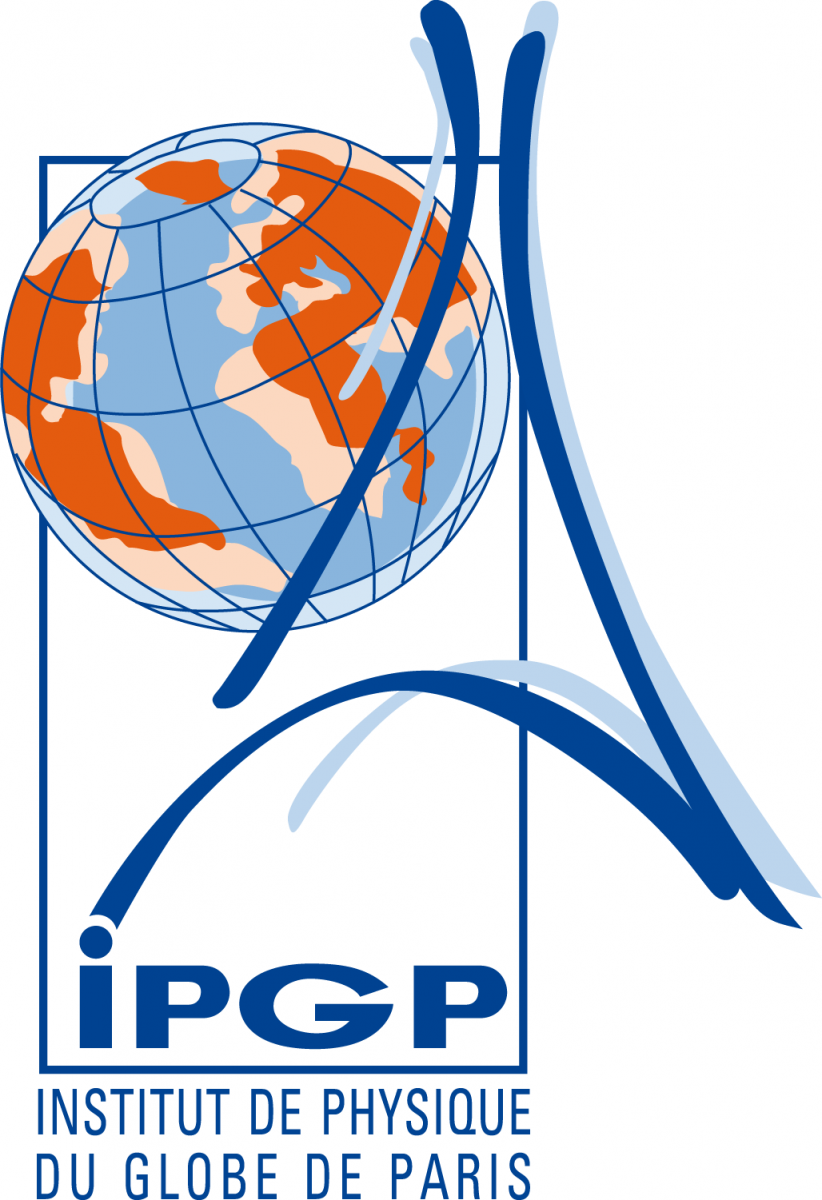Session: Marine Biological Diversity: Who Owns the Greatest Reservoir of Unexplored Diversity?
The ownership and exploitation of marine genetic resources is a complex subject at the intersection of Science, Industry, Policy and International Law. Communicating the serious issues surrounding this topic requires a diverse span of expertise that ranges from an inventory of genetic resources in the ocean to the ownership of intellectual property derived from bioprospecting. The proposed speakers have been selected based on their knowledge of the issues associated with marine genetic resources and their equitable distribution.
Synopsis of proposed AAAS symposium on marine genetic resources.
Who owns the biological diversity in the world’s oceans? The oceans cover ~71% of the Earth’s surface, average ~3.8 km in depth and are home to the greatest reservoir of unexplored genetic potential on the planet. Yet, unlike almost all terrestrial systems and coastal waters, life in most areas of the oceans falls outside the jurisdiction, ownership and protection of any state or international agreement. Our understanding of marine biological diversity and the associated genetic resources is rooted in science, but the ownership and management of these resources must be solved on the arena of international dialog, and policy stemming from law. Nations have been grappling with the concept of fair and equitable sharing of Marine Genetic Resources (MGRs) under the Convention on the Law of the Sea (UNCLOS) and the Convention on Biological Diversity (CBD); yet, there is no agreement on sharing MGRs in areas beyond national jurisdiction. This is particularly troubling given that the most-developed nations are responsible for almost all the patent claims exploiting MGRs. Recent scientific efforts to capture the oceans’ genetic diversity and its distribution across the seas have revealed the enormous biological potential archived in MGRs. Ultimately, scientific exploration will provide the baseline of knowledge required for decisions on the fair and equitable sharing of MGRs.
Relevance to the Theme:
The ownership and fair and equitable distribution of MGRs is an international challenge for the 21st century that lies at the heart of global interconnectedness. The economic potential wrapped around MGRs is linked to biodiversity, innovation, and development against a backdrop of changing climate. Exploitation of MGRs is leading to technologies that will improve food and energy production, and have already been touted as supplying the genetic potential to create artificial life.
Speakers:
Curtis A Suttle - [email protected]
Exploding Estimates of Genetic Diversity in the Sea
This presentation will emphasize the enormous reservoir of unknown genetic diversity in the world’s oceans. It will be emphasized that >95% of the living material by weight in the oceans is microbial, and that these microbes harbor enormous genetic diversity. For example, typically >70% of the gene sequences found in marine viruses have unrecognizable similarity to any other sequences in databases. The enormous biotechnological potential of these genetic reservoirs will be presented.
Kristina Maria Gjerde - [email protected]
International Union for Conservation of Nature
Marine genetic resources of the global commons: sowing discord or solutions?
This talk will provide a legal perspective on who owns marine genetic resources beyond national jurisdictions. She will describe two conflicting interpretations under the United Nations Convention on the Law of the Sea. The inability to find middle ground is preventing a solution to safeguard marine biodiversity. This session will provide a path for scientists to become involved in developing potential solutions that retains access for research while contributing to global conservation.
Sophie Arnaud-Haond - [email protected]
IFREMER- French Research Institute for Exploration of the Sea
Resolving the Unbalanced Appropriation of Marine Biodiversity through Gene Patents
This presentation will provide an overview of the ownership distribution of patent claims associated with Marine Genetic Resources and compare them with patents associated with genes from humans and agricultural crops. Potential solutions from improved Access and Benefit Sharing of Genetic Resources will be discussed in the context of lessons learned from terrestrial systems, while taking into account the major geographical, biological and legal challenges pertaining to Marine Genetic Resources.
Carlos Duarte - [email protected]
Institute for Advanced Studies, IMEDEA (CSIC-UIB) Consejo Superior de Investigaciones Científi cas and Universidad de las Islas Baleares
The Explosion of Marine Genetic Resources and Pathways to Their Protection
This presentation will demonstrate the recent increase in the exploitation of Marine Genetic Resources and provide representative examples of their wide ranging usage stretching from environmental and human health applications to the food industry. The audience will be made aware of the numerous threats to the sustainable use of Marine Genetic Resources and of the obstacles still hampering their efficient conservation.
Raymond Andersen -
Departments of Earth & Ocean Sciences, and Chemistry, University of British Columbia
Drugs from the Sea: Sharing of Benefits between Partner Nations
Prospecting marine organisms for bioactive compounds has potential implications for intellectual property and significant revenue streams. Exploitation of these resources usually requires skills and equipment found in developed nations; yet, the biological materials are often from developing nations. This talk will discuss mutually beneficial arrangements that can transfer resources and knowledge to a partner in a developing nation while allowing for the commercialization of natural products.
Eric Karsenti, [email protected]
European Molecular Biology Laboratory (EMBL)
Biodiversity in the Global Ocean: Quantifying Marine Genetic Resources
The oceans, which represent one of the largest reservoirs of largely unknown biodiversity on Earth, are under increasing threat from climate change and pollution. TARA Oceans is a 3-year around-the-world expedition to evaluate ocean ecosystems, and quantify their biodiversity. The development of policies for equitable and fair sharing of marine genetic resources requires an inventory of the distribution of extant genetic diversity.
Submitter: Curtis Suttle
Email: [email protected]




